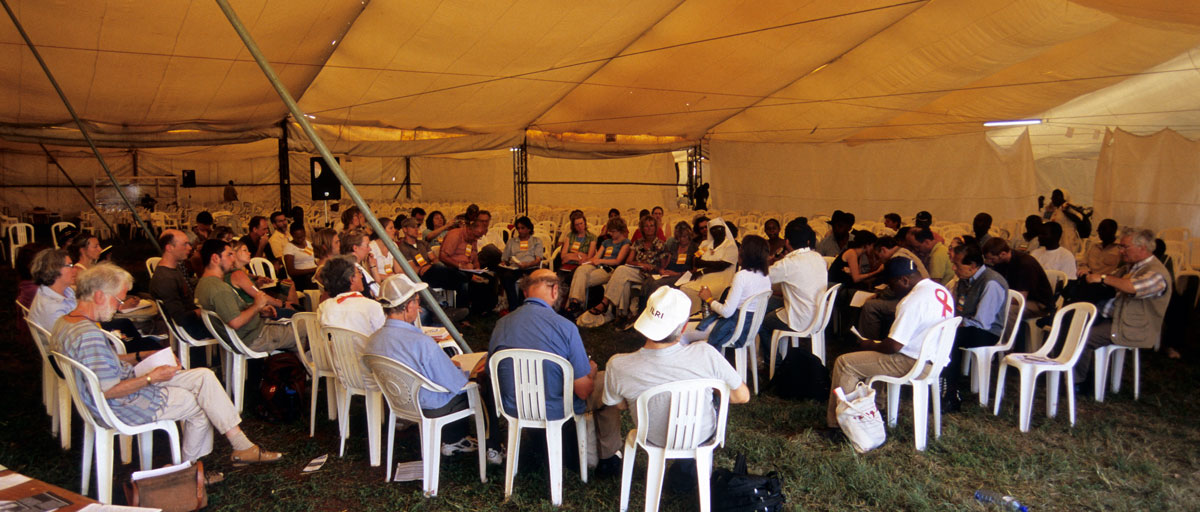Connecting diverse knowledge systems for enhanced ecosystem governance - The Multiple Evidence Base approach
Summary
Indigenous and local knowledge systems as well as practitioners’
knowledge can provide valid and useful knowledge to enhance our
understanding of governance of biodiversity and ecosystems for human
well-being.
There is, therefore, a great need within emerging global
assessment programs, such as the IPBES and other international efforts,
to develop functioning mechanisms for legitimate, transparent, and
constructive ways of creating synergies across knowledge systems.
We present the multiple evidence base (MEB) as an approach that proposes
parallels whereby indigenous, local and scientific knowledge systems are
viewed to generate different manifestations of knowledge, which can
generate new insights and innovations through complementarities.
MEB emphasizes that evaluation of knowledge occurs primarily within rather
than across knowledge systems. MEB on a particular issue creates an
enriched picture of understanding, for triangulation and joint
assessment of knowledge, and a starting point for further knowledge
generation.








